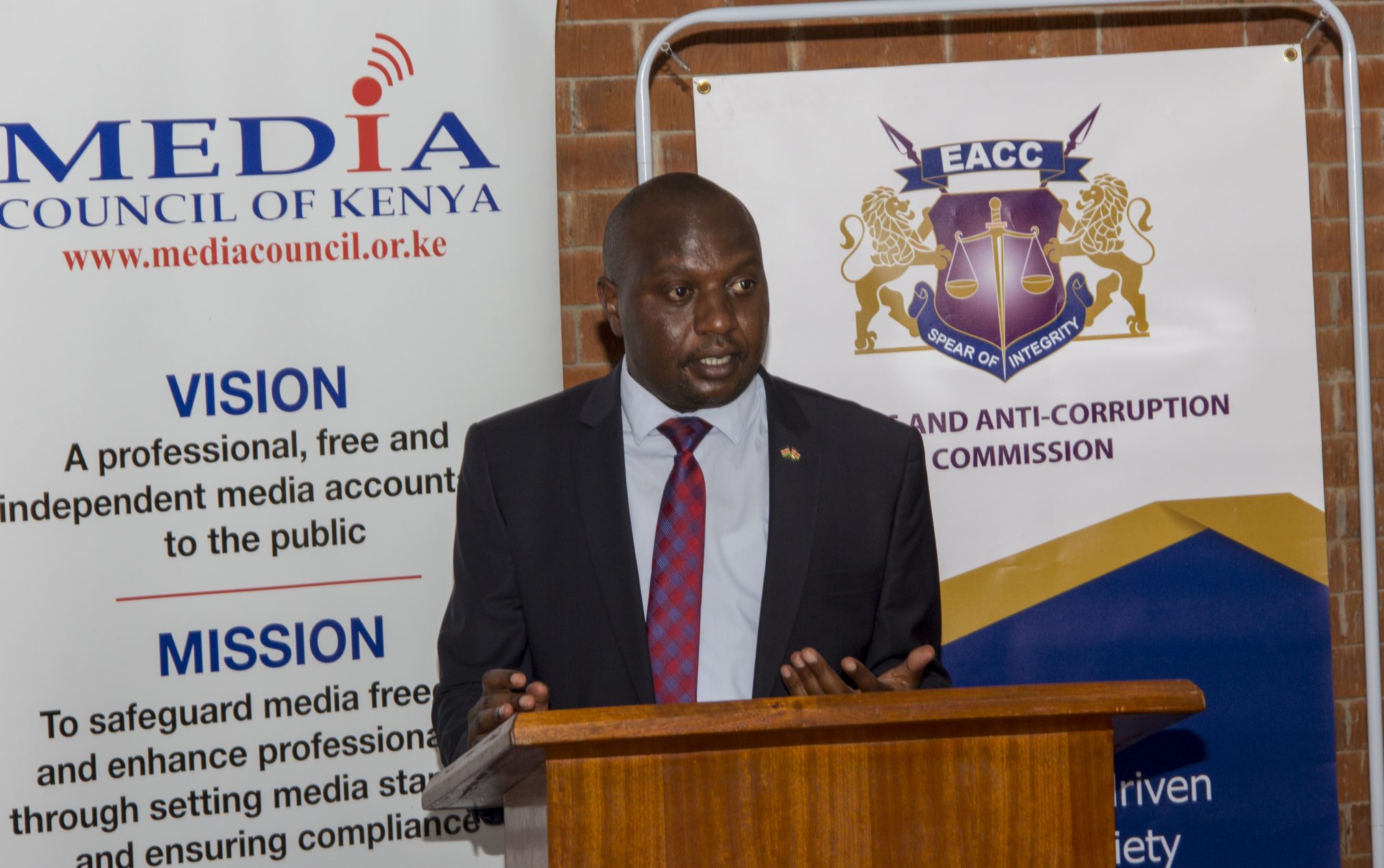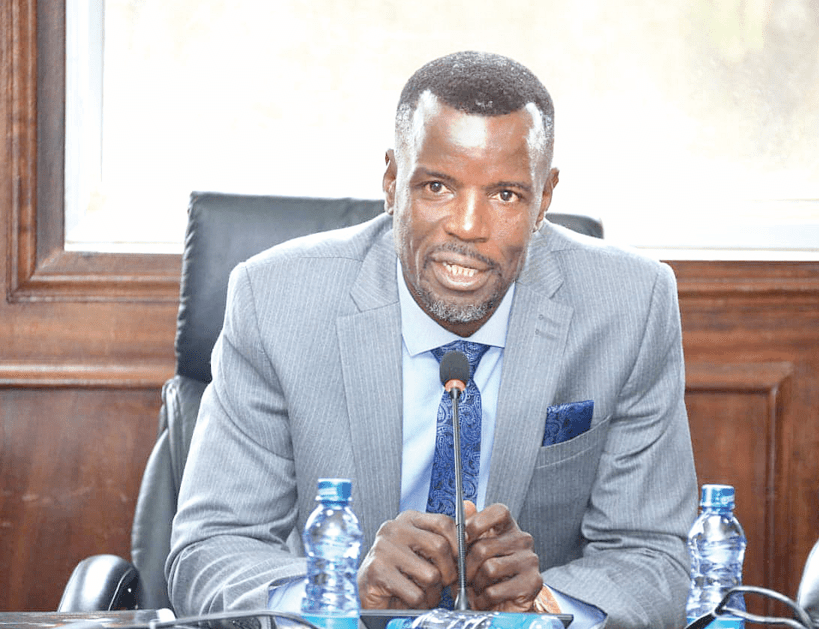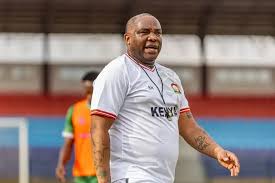Let self-regulation remain key to media council

The process of appointing the governing team of the Media Council of Kenya could indicate the direction of media regulation in the country. Media regulation in Kenya has consisted of progressive steps over the years.
Following independence, there was no precise regulatory mechanism for the media for a long time. But the lacuna has always somehow filled. Government agencies stepped in and occasionally dealt with media houses or journalists perceived to have violated the boundaries of journalism.
There are tales of horror from that era. These include stories of journalists who were deported, those that were jailed or detained, those who were followed by State operatives to instil fear in them and so on.
Collectively, State operatives would raid media houses to disable machines or intimidate workers, or as evidenced not too long ago, to set a media house ablaze literally.
Judicial structures sometimes came in handy to mete out penalties to cow the media.
Years later, in the 1990s, the government would moot setting a statutory regulatory framework. Fortunately, this never eventuated, thanks to industry players who offered to set up a self-regulatory mechanism.
While the government relented and allowed the sector to take the lead, problems galore would surface, and it would be years before a self-regulatory mechanism would be implemented. Even then, it still had its challenges.
These included funding, difficulties with enforcement and even compliance by some players in the industry itself. This was addressed when an initially uneasy engagement evolved as the government offered to address one of the challenges: funding.
But a mechanism had to be found to address this. So, through the Media Council of Kenya Act, the Media Council of Kenya was set up with funding from the Exchequer and limited representation from the government.
This delicate balancing ensured that the media regulated itself despite receiving public funds. MCK has done well for itself. Largely, the government has respected the media space and worked through the MCK framework to address challenges in the sector.
It has gone beyond regulation to provide a platform to discuss media industry issues, and to that feather add on facilitating an internship programme for journalism training.
The annual media awards, not necessarily a regulatory function, boost journalists’ morale and help spotlight good journalism. But with the current conversation regarding the composition of the governance structure of the council, the debate over the regulatory framework in the country is back on the table.
There are a range of regulatory approaches in the world of media. The predominant categories, however, are self-regulation, statutory regulation, and a hybrid. They all have advantages and disadvantages, but most industry players privilege self-regulation.
The guidance provided so far in composing the governing organ suggests delinking the council from involvement of the industry. The question is whether this is what Kenya wants.
Media may be privately owned, but it operates in the public space and executes a public function. Media industry issues are indeed societal issues. An independent and free press adds value to society and is at the core of democratic governance. It is the responsibility, nay, the duty of citizens, to protect the space around which media operates.
The composition of the council has been evolving. The first council under the Act comprised individuals drawn from the sector, save for the government representative who also had industry experience. To the extent that MCK receives public funds, it is understandable that it has a government representative.
But this has been changing over the years. Let the ideals of self-regulation remain at the core of the council’s composition. We owe this to the sector and the country.
— The writer is the Dean, School of Communication, Daystar University












